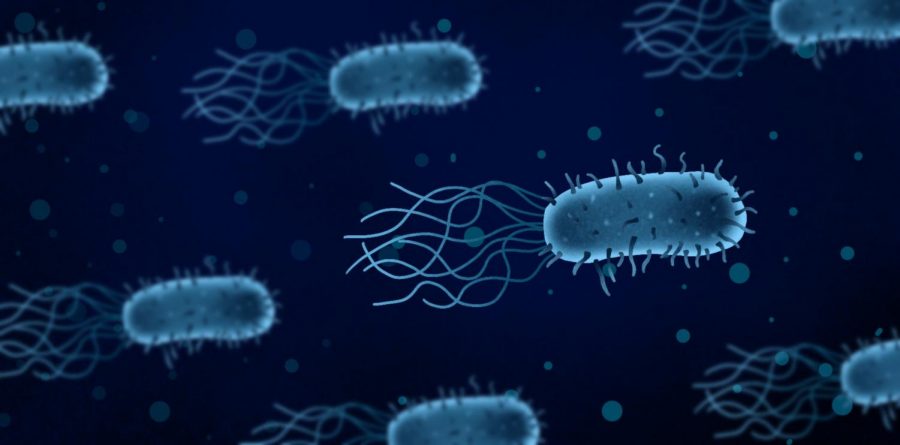Oil-eating bacteria help combat climate change
Mar 8, 2021
Over the past several years as environmental health has come closer to the forefront of the minds of global citizens, researchers at the University of Illinois have taken to the books and labs in an effort to search for ways to both reduce the effects of climate change and repair the damage that has already been done. Ranging from pollution and coral bleaching to global warming, the environment has been negatively impacted in many ways. One particular issue our oceans confront is oil spills.
Oil spills are not uncommon. They occur thousands of times each year in the United States alone. These spills can happen for a multitude of reasons, whether it be a spill from refueling a ship or a more large-scale event such as a pipeline break. Regardless of the way it happens, the effects are detrimental to ocean life nonetheless. Marine life can ingest the oil, damaging their lungs as well as their immune and reproductive systems. Plants that are vital to the underwater ecosystem lack oxygen to properly function and consequently shut down. The damage done is oftentimes irreversible, permanently destructing the ocean.
At the University, professors and students are making an effort to understand and remedy this phenomenon. A particular area of interest in research is oil-eating bacteria. Alcanivorax Borkumensis, this bacteria’s formal name, is an organism that ingests and decomposes the oil, naturally clearing the ocean of these oil particles. Nihar Mara, a junior in Engineering has been conducting research on the phenomenon known as “buckling,” which is the process by which these bacteria break down these oil molecules. Mara began this research project in April 2020. His main focus was creating models of this “buckling” phenomenon, which involved copious amounts of observation and subsequent coding to create these models.
“The primary interest for our research was modeling the materials and their microstructures … and looking for new applications for these materials in extreme environments,” Mara said. “In the oceans, where these oil-eating (bacteria) would be working, they are in an extreme environment trying to break down all of this oil. We are trying to use materials to prevent and reduce the effects of these oil spills on the environment.”
Mara was able to see, first-hand, how these bacteria specifically break down the oil. He describes the bacteria as growing “hands” and “wrapping the oil and squeezing” it, giving insight into the natural processes that occur within our very ecosystem to cleanse itself. If these natural processes are understood specifically and utilized efficiently, opportunities for replication may arise, creating potential remedies for existing environmental issues.
Get The Daily Illini in your inbox!
Mara was unable to complete the research due to complications, though the outlook on this particular project is optimistic. The University of Illinois is an institution known for its renowned research breakthroughs and is rich with professors who are dedicated to solving real-world problems like this one. In a world that seems to be crumbling before our eyes, where sea levels are rising and oceans are dying, it’s research like this that can potentially save, or at least help to save, our ecosystems that are the glue to our Earth.
Abigail is a freshman in LAS.






